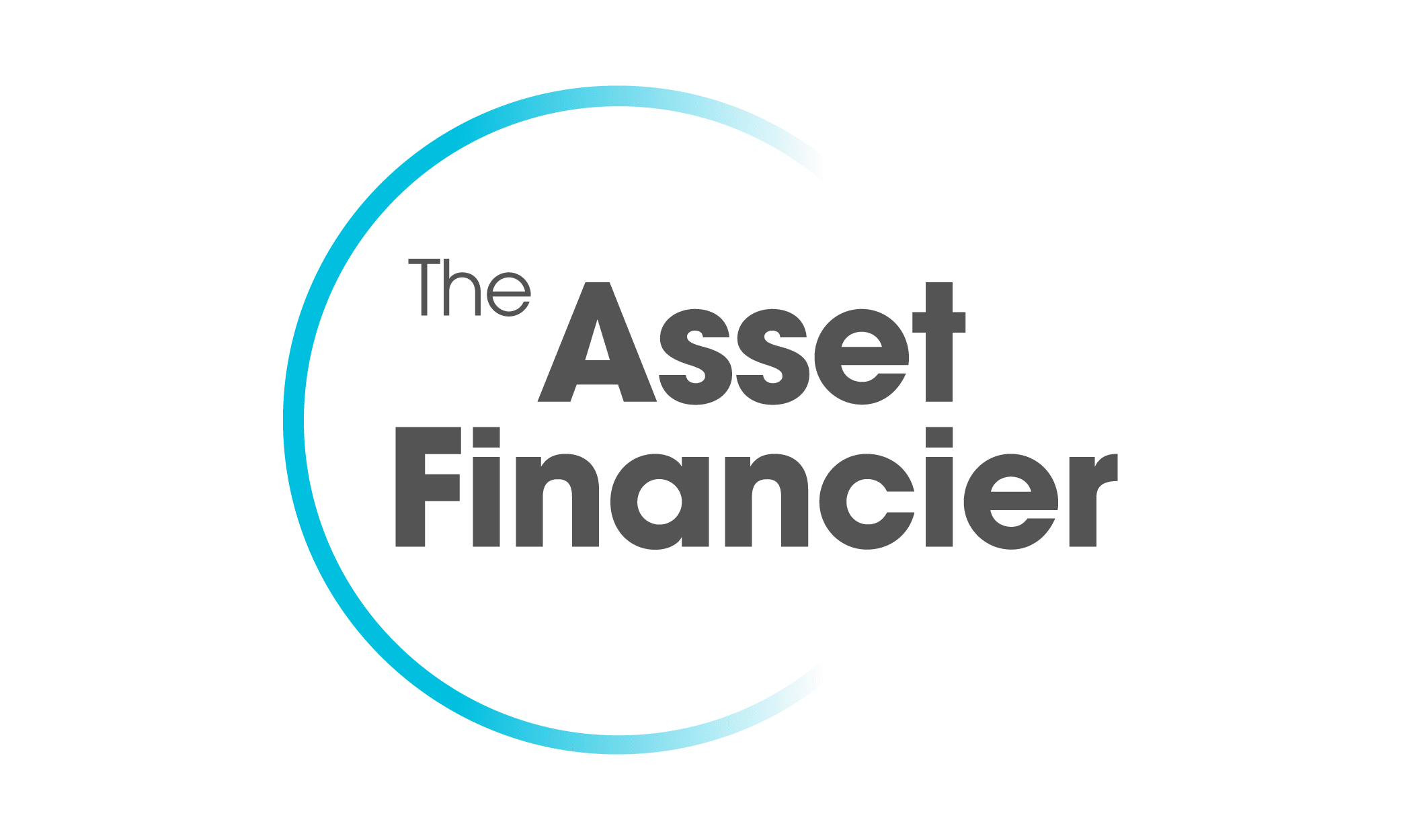Car loan refinancing is the process of switching your current car loan to a new one. This can either be a different product with the same lender or a fresh loan with a new one. Essentially, you’re taking out a new car loan to pay out your old one and continuing your repayments on a different set of terms. Refinancing is done for a wide range of reasons and can change the cost, length and repayments of your loan.
Why might someone refinance their car loan?
There are many reasons why someone might refinance their car loan. Here are some of the main reasons why you might look to do so:
- To secure a better rate: it goes without saying that locking in a lower interest rate will help you save. You might look to do this if the market has taken a turn towards lower interest rates or your financial position has improved over the course of your repayments.
- To reduce their loan’s fees: in the same way, some lenders may offer lower fees than what you’re currently paying. Switching to a new loan with low or no fees could make your life easier.
- To increase the length of their loan term: some people may opt to change their loan term. If your budget is tighter now, you may want to stretch your repayments out to reduce the monthly cost. This increases your overall loan cost, though.
- To shorten their loan term: alternatively, if you’re in a better position now to pay off your loan sooner, you may look to refinance to a shorter term.
- To remove or add a co-borrower or guarantor: many applicants sign up initially with another borrower on the contract or a guarantor. The only real way to remove or add them is to take out a new loan with fresh terms.
- To add a residual payment: some lenders will give you the option to add a residual, or balloon, payment when taking out your loan. This is a lump sum to be paid at the conclusion of your agreement. They reduce the cost of your ongoing repayments but increase the interest you pay overall.
- To access new features: you may simply wish to refinance your loan to gain access to new features that aren’t included in your current deal. This may be free additional payments, a redraw facility or something else.
Why apply for a car loan with Savvy?
Fast & easy application
Apply online and submit and sign all your documents digitally. We can assess your profile with a soft credit check, so your score isn't impacted.
Trusted since 2010
With 15+ years of experience and a 4.9-star customer service rating on Feefo, we've helped thousands of Aussies find their ideal car loan.
Unbeatable rates & choices
Access 40+ lending partners nationwide. We compare providers to find the most competitive interest rates tailored to your profile.
How to refinance your car loan with Savvy
-
Submit your application online
Firstly, tell us about yourself and the car loan you’re after. This will include information about your income, employment and current credit situation. You can also tell us about your car.
-
Supply any required documentation
We may require you to submit additional documents to help verify your details. This can be done online, where you’ll also be able to electronically sign other necessary documents such as your consent form.
-
Review your options with your Savvy consultant
Once we have all this information, we’ll compare offers from our lending partners based on your profile. Your consultant will be in touch to talk through the best car loan deal available and your indicative interest rate.
-
Have your application prepared and submitted
If you’re happy with the loan we’ve picked out, your consultant will prepare your formal application for submission. All that’s left for you is to sit back and wait!
-
Receive formal approval and settle the deal
Formal approval is possible as soon as 24 hours after your application is submitted. After you’ve signed everything, we’ll organise the settlement of your new loan.
-
Pay off your old car loan
Your existing car loan can now be paid off with your new loan. This is usually done by your new lender, so you won’t have to worry about managing large transfers yourself.
How much can I save by refinancing my car loan?
The amount you can save will depend on a range of factors, including the interest and fees, loan term, loan amount and balloon (if applicable). The following table shows how refinancing your loan to one with a lower rate can help you save:
| Interest rate | Repayments | Balance after two years | Interest after two years | Refinanced rate | New repayments | Total interest | Total saving |
|---|---|---|---|---|---|---|---|
| 9.50% p.a. | $631 | $19,669 | $4,791 | 9.00% p.a. | $626 | $7,639 | $166 |
| 9.50% p.a. | $631 | $19,669 | $4,791 | 8.50% p.a. | $621 | $7,474 | $331 |
| 9.50% p.a. | $631 | $19,669 | $4,791 | 7.00% p.a. | $608 | $6,985 | $819 |
| Calculations based on a $30,000 car loan repaid monthly over five years. | |||||||
Additionally, shortening your term can have a major impact on the cost of your loan. Here’s how it works:
| Loan term | Balance after two years | Interest after two years | Refinanced term | New repayments | Total interest | Total saving |
|---|---|---|---|---|---|---|
| Five years | $19,326 | $3,753 | N/A | $602 | $6,069 | N/A |
| Five years | $19,326 | $3,753 | Four years | $870 | $5,299 | $770 |
| Five years | $19,326 | $3,753 | Three years | $1,677 | $4,547 | $1,522 |
| Calculations based on a $30,000 car loan repaid monthly with a 7.50% p.a. interest rate. | ||||||
Refinancing and break fees
However, it’s important to note that many lenders will charge break fees for ending your agreement early. This means that you could end up paying hundreds to exit your contract ahead of schedule and take up your new one.
If you’re refinancing to save money, this could reduce or eliminate the benefit of doing so. It’s important to check with your lender to see whether they charge early exit fees and how much they may cost you before you start the process.
Car Loan Repayment Calculator
Your estimated repayments
$98.62
| Total interest paid: | Total amount to pay: |
| $1233.43 | $5,143.99 |
What to consider before you refinance your car loan
-
The costs vs the savings
Locking in a lower rate and fees is all well and good, but it counts for nothing if your current lender slugs you with steep break fees. Run the numbers before you take the plunge.
-
Your vehicle's value
If your car’s value is lower than your outstanding loan balance, it might not be the best time to refinance. Switching to a new loan would force you to cover the difference.
-
Your credit file
If your credit score has improved, you may be able to reap the rewards by refinancing. However, if you’ve had issues in other areas, you may be better off riding out your current loan.
-
The time left on your loan
If you make the switch early in the piece, you stand to gain more but could stump up more in break fees. If you leave it too late, it might not be worth the trouble.
-
Your reason for refinancing
Think carefully about why you’re looking to refinance to determine if it’s worth your time. Is it something that offers a clear benefit or is it a result of a minor convenience?
Car loan eligibility and documentation
Eligibility
-
Age
You must be at least 18 years of age
-
Residency
You must be an Australian citizen or permanent resident (or, in some cases, an eligible visa holder)
-
Income
You must be earning a stable income that is enough to comfortably support your repayments (this can start from as little as $20,000 to $26,000 per year)
-
Employment
You must be employed and earning a consistent income from your job
-
Credit score
You must meet your lender’s requirements related to your credit score
-
Car
Your car must meet your lender’s requirements related to type, age and condition
Documents
-
Driver's licence
Front and back (or another form of government-issued ID)
-
Payslips
Your last two consecutive payslips (or your last tax return if you're self-employed)
-
Savvy forms
Your Savvy application, consent form and credit guide (supplied by your consultant and completed online)
-
Car details
Information about your car, such as its age, is handy to have
-
Bank statements
90 days of bank statements may be requested, but not always





























